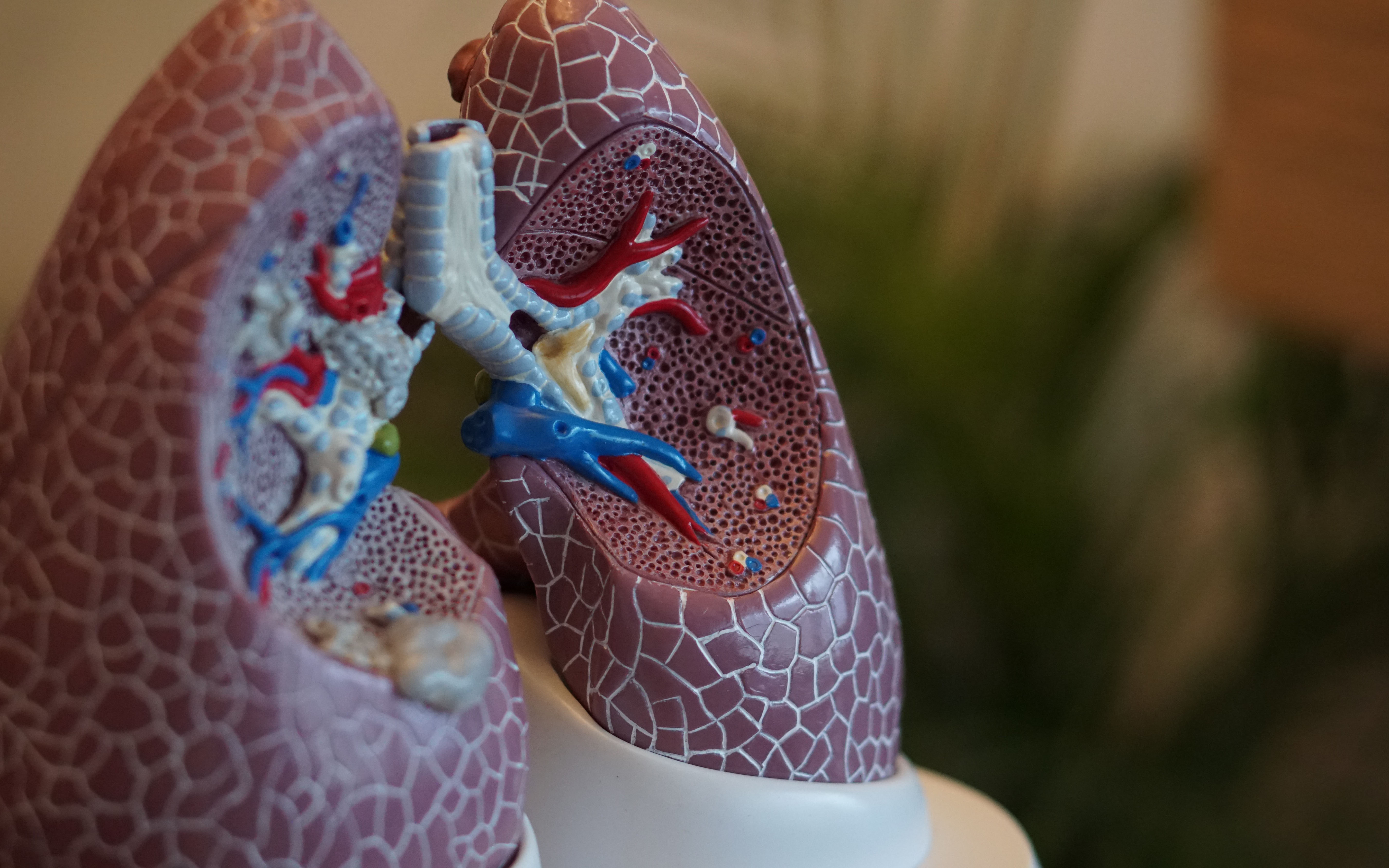News release
From:
Centenary Institute researchers have uncovered new insight into Mycobacterium abscessus, a highly drug-resistant bacteria that can cause serious infection and lung damage in vulnerable people. The bacteria is considered an emerging health threat with infection numbers on the rise globally.
Commonly found in soil, dust and water, Mycobacterium abscessus is closely related to the bacteria that cause tuberculosis and leprosy. Individuals with underlying disorders such as bronchiectasis or cystic fibrosis (an inherited form of lung disease) are particularly susceptible to Mycobacterium abscessus infection.
In the published study that used adult zebrafish as a model, researchers found that the immune system reacted in different ways, dependent on the Mycobacterium abscessus variant in play. The findings are a critical step in developing potential new treatments to fight Mycobacterium abscessus infection.
“Mycobacterium abscessus is emerging as a major threat and is increasing in prevalence within patient groups with respiratory conditions. It attacks lung tissue making it hard to breathe and is notorious for being extremely drug and antibiotic resistant,” said Dr Oehlers, study senior author and researcher affiliated with both the Centenary Institute and A*STAR Infectious Diseases Labs (Singapore).
“There are two types of Mycobacterium abscessus – rough and smooth. The rough variant of the bacterium differs from the smooth in that it lacks certain surface lipids. We wanted to better understand the body’s immune response to both variants.”
Discovered by the researchers was that infection by the rough variant caused a hyperactive immune response in the zebrafish being studied, this driving increased inflammation and tissue destruction. The smooth variant, although proliferating to high levels in the zebrafish, saw reduced levels of inflammation and tissue damage. This outcome mirrored the lower rate of pulmonary (lung) decline often seen in human patients infected with the smooth variant of Mycobacterium abscessus.
“Our findings are important as studying the immune system and how it reacts to Mycobacterium abscessus is key to developing new therapeutics that can best fight this potentially devastating bacterial infection,” said Dr Oehlers.
Dr Oehlers said that medical research in the area was challenging as previous Mycobacterium abscessus models had not been able to convincingly recreate human disease conditions.
“Our new zebrafish model will allow researchers to further dig into the genetic and environmental factors that cause some people to get severe infection while others are able to clear Mycobacterium abscessus from their body without symptons.”
The study was published in the journal Nature Communications.
Publication:
Rough and smooth variants of Mycobacterium abscessus are differentially controlled by host immunity during chronic infection of adult zebrafish. https://www.nature.com/articles/s41467-022-28638-5
About the Centenary Institute
The Centenary Institute is a world-leading independent medical research institute, closely affiliated to the University of Sydney and the Royal Prince Alfred Hospital. Our research focuses on three key areas: cancer, inflammation and cardiovascular disease. Our strength lies in uncovering disease mechanisms and applying this knowledge to improve diagnostics and treatments for patients.
For more information about the Centenary Institute, visit centenary.org.au
Multimedia




 Australia; NSW
Australia; NSW


